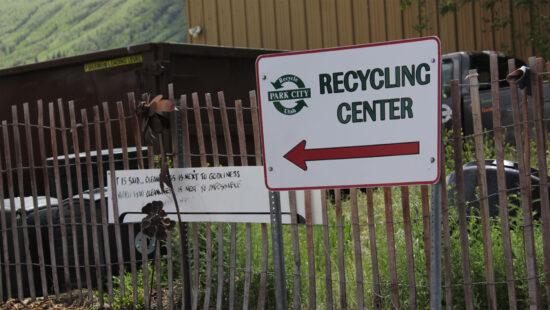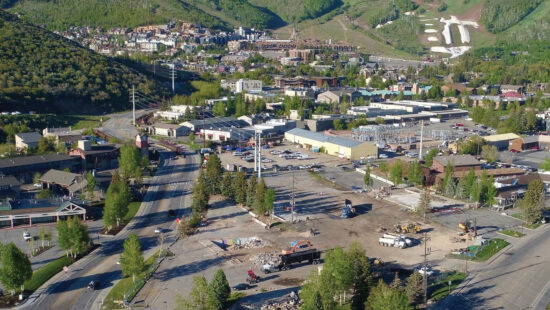Politics
Aspen reinstates building moratorium as Park City is set to discuss

The Roaring Fork River in Aspen, Colorado. Photo: City of Aspen
ASPEN, Colo. — Aspen City Council voted unanimously this week to reinstate a moratorium on new permits for residential development and construction, according to Aspen Public Radio.
Last week, a Pitkin County District Judge declared the moratorium that was put in place in December unenforceable, due to a lack of proper notice.
“This second attempt at regulating development in Aspen represents a larger effort by the city to address what they deem to be an emergency: a lack of affordable housing and the impacts of a rapidly changing Aspen on climate change.” — Aspen Public Radio
What the council just approved is quite similar to the ordinance enacted late last year. It declares an emergency, and pauses any new permits for free-market, residential development and construction. The moratorium is set to last until June.
“This is hard work,” Aspen Mayor Torre said.
“This is not something that any of us want to be tackling, but we do feel it’s an emergency, whether it’s the fact that our landfill is filling up with tons and tons of construction debris, and we have five, six years left on it? No, we need to change some policies, and do it now.”
At their meeting on Thursday, the Park City Council is scheduled to hold a work session on a planning applications moratorium. With major projects on the agenda (PEG, Snow Park), the city’s planning staff has expressed in recent months that they have a lot on their plate.
In the staff report, Park City Planning Director Gretchen Milliken writes that a city council in Utah may implement a moratorium if:
- The city council finds compelling, countervailing public interest
- The area is unregulated
The Utah Office of the Property Rights Ombudsman website says that “compelling interest” relates to “a substantial risk to the public’s health, safety, or welfare that should be addressed through temporary regulation.”
According to the Property Rights Ombudsman, a moratorium:
- Is intended to address an emergency situation or compelling reason that requires an immediate answer to provide local government time to address the situation through the public process
- Cannot exceed six months
- Can prohibit or regulate construction and subdivision approvals.
“Contrary to popular opinion, enacting a moratorium does not necessarily stop development, nor the processing of complete land use development applications,” Milliken writes in the staff report.
“Instead, development applications submitted prior to a moratorium continue to move through the review process.
“However, temporary land use regulations may only be adopted to address emergency situations or a compelling reason, which require immediate action. While in place, a local government has time, in theory, to address the emergency through a new zoning ordinance(s).”
No formal action regarding moratoriums will occur at the meeting on Thursday.


















